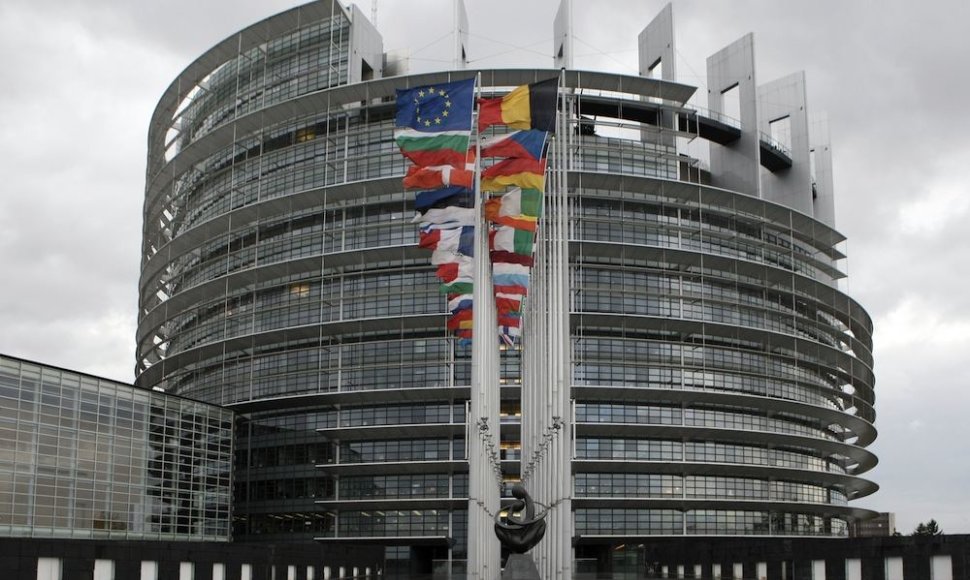Speaking about the EP stance in the negotiations on the EU's new multi-annual budget, Alejandro Cercas said that the delegation was better understood in Vilnius by Lithuanian ministers and representatives of employees and employers than the president.
"I felt that we were better understood by the ministers, by the members of parliament and by the two sides of industry - employers and workers - than we were by the president. The president took a very dogmatically pro-council position - and this might be understandable, but I think that she needs to understand that if she simply defends the council's position all the way, this will cause difficulties with the parliament, and the parliament will not accept it," the MEP told BNS on Friday.
In his words, the positions taken by the directly elected EP and the Council that represents member-states are "very far apart" on what the 2014-2020 budget should look like.
In Cercas' words, the negotiations may move to the second half of the year, when Lithuania takes over presidency over the EU Council from Ireland.
"The negotiations will be very difficult. (…) We don't know if they will be successful under the Irish presidency," he said in Vilnius.
Cercas said that EU countries still cannot accept the fact that the EP now enjoys equal rights with the EU Council. For the first time, the EP will have a veto right over the budget draft approved by the EU Council this year. The new mandate to the EP was stipulated in the 2009 Lisbon Treaty.
"In the Council, there doesn't appear to be any willingness to accept the European Parliament's views," Cercas said.
Following long talks, leaders of EU states agreed in February on a slashed 960-billion-euro budget for the 2014-2020 period. Speaking against budget cuts, the EP demands envisaging a possibility of reviewing the budget during the 2014-2020 financial perspective.
In 2004, Lithuania's Grybauskaitė served as EU commissioner for budget. She met with the committee's members at the President's Office on Thursday.
"I hope that she heard what I had to say. I convinced her to listen to the European Parliament, not simply accept the views of the Council. Lithuania holding the presidency will be between the Council and the Parliament, mustn't just repeat the opinions of the Council. the European Parliament would not accept that. The Lithuanian presidency has to steer that in the middle of the road, not go to one side or the other because that would block the negotiations completely," Cercas told BNS.












